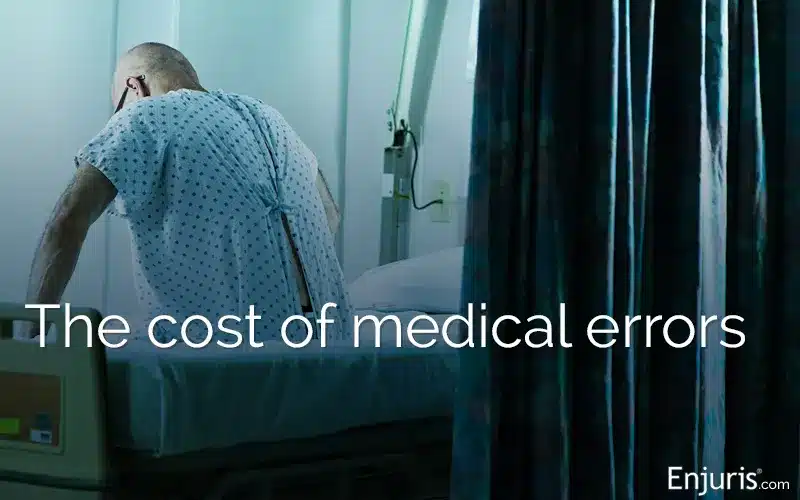
In a landmark ruling, the Colorado Supreme Court affirmed a Denver jury's decision to award over $9.2 million in damages to Daniel Scholle, a patient who suffered catastrophic complications following back surgery at Sky Ridge Medical Center.
This decision emphasizes the enduring relevance of the collateral source rule, which protects plaintiffs from having their compensation reduced by the amount of their insurance coverage.
Daniel Scholle’s medical malpractice lawsuit
Daniel Scholle underwent elective back surgery at Sky Ridge Medical Center. The surgery was performed by Doctor Enrichs and Doctor Rauzzino.
During surgery, Daniel’s iliac vein was severed, causing Daniel to go into cardiac arrest.
The doctors were able to revive Daniel, repair the severed vein, and finish the procedure.
Following surgery, Daniel was sent to the intensive care unit, where he remained for the next 100 days due to serious complications from the surgery, including:
- An infection at the surgical site which progressed to sepsis
- Injuries to his kidneys
- An abominable abscess
- Peritonitis
- Colon perforation
- Respiratory distress
- Stroke
- Gangrene in his toes requiring amputation
Daniel was billed approximately $4.1 million for his care.
Two years after the surgery, Daniel filed a medical malpractice lawsuit against Doctors Enrichs and Rauzzino, as well as the hospital.
Trial court decision and damages award
Following a 22-day trial in Denver, the jury found Dr. Rauzzino 45 percent at fault, Dr. Ehrichs 40 percent at fault, and the hospital 15 percent at fault for the injuries sustained by Daniel Scholle.
Consequently, Scholle was awarded approximately $9.2 million in economic damages.
Normally, damages in medical malpractice lawsuits are capped at $1 million under the Health Care Availability Act (HCAA). However, the court can award damages beyond this limit if the plaintiff demonstrates that applying the cap would be unjust. In this case, the judge ruled in favor of lifting the cap, noting that Daniel’s family could not afford the medical costs already incurred.
The defendants challenged this decision, arguing that the court should have considered the amount that Daniel's insurance coverage would actually cover. Specifically, they noted that Daniel’s insurers had settled the $4.1 million bill for only $1.2 million and had waived their rights to seek reimbursement (i.e., subrogation) from Daniel, meaning he was not personally liable for the billed amount.
Colorado Supreme Court decision
The Colorado Supreme Court reviewed the interplay between the collateral source statute and the Health Care Availability Act. The main issue was whether the contract exception in the collateral source statute prevents a trial court from considering evidence related to a plaintiff’s insurance coverage when determining if the statutory cap on damages should be exceeded.
The Supreme Court ultimately held that the contract exception does indeed prevent such considerations. It affirmed that trial courts are barred from taking into account a plaintiff’s insurance contract obligations when deciding whether exceeding the statutory cap is justified.
This decision ensures that plaintiffs who have paid for their own insurance benefits are not penalized by having potential awards reduced due to their coverage, thereby maintaining the integrity of the contract exception in the context of medical malpractice damages.
"To the extent either party receives a windfall, the General Assembly has clearly decided that allowing an injured plaintiff to benefit from their insurance contract is the lesser evil. Without question, there are compelling public policy concerns on both sides of this case. At the end of the day, however, we think it’s the General Assembly’s role — not this court’s — to weigh those concerns."
- Justice Maria E. Berkenkotter
This ruling not only protects the financial interests of plaintiffs who have proactively secured insurance but also ensures that defendants remain fully accountable for their actions. Colorado attorneys should take note of this landmark decision as it reaffirms the principle that liability in medical malpractice cases should reflect the true extent of harm caused, irrespective of the victim's insurance coverage.
